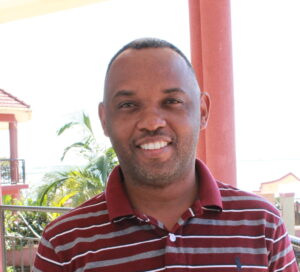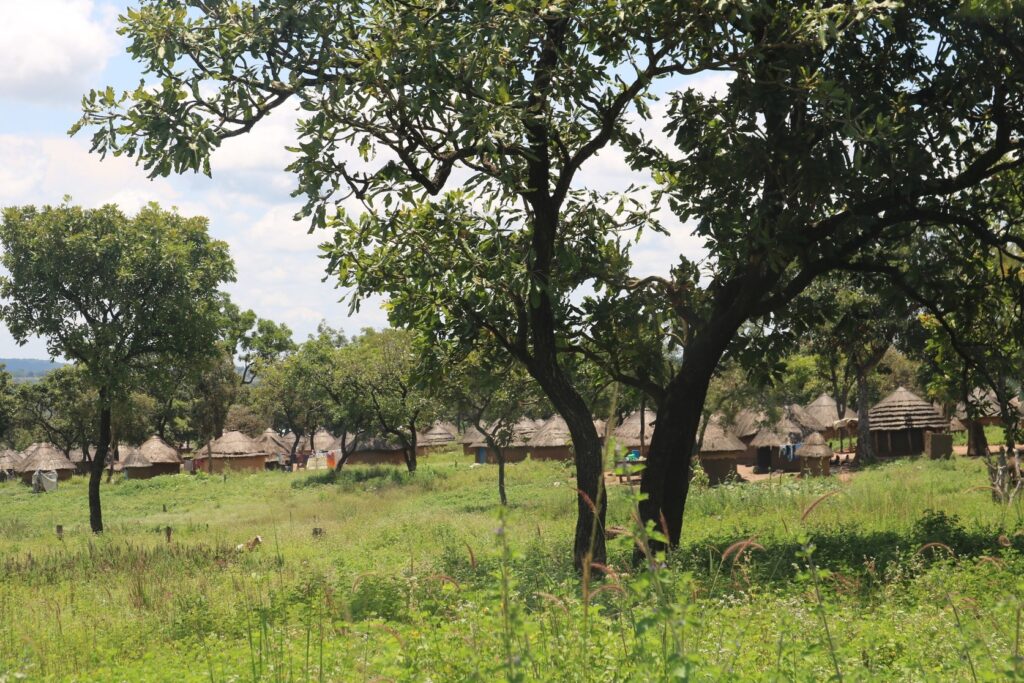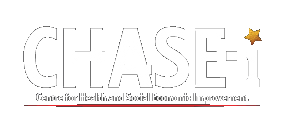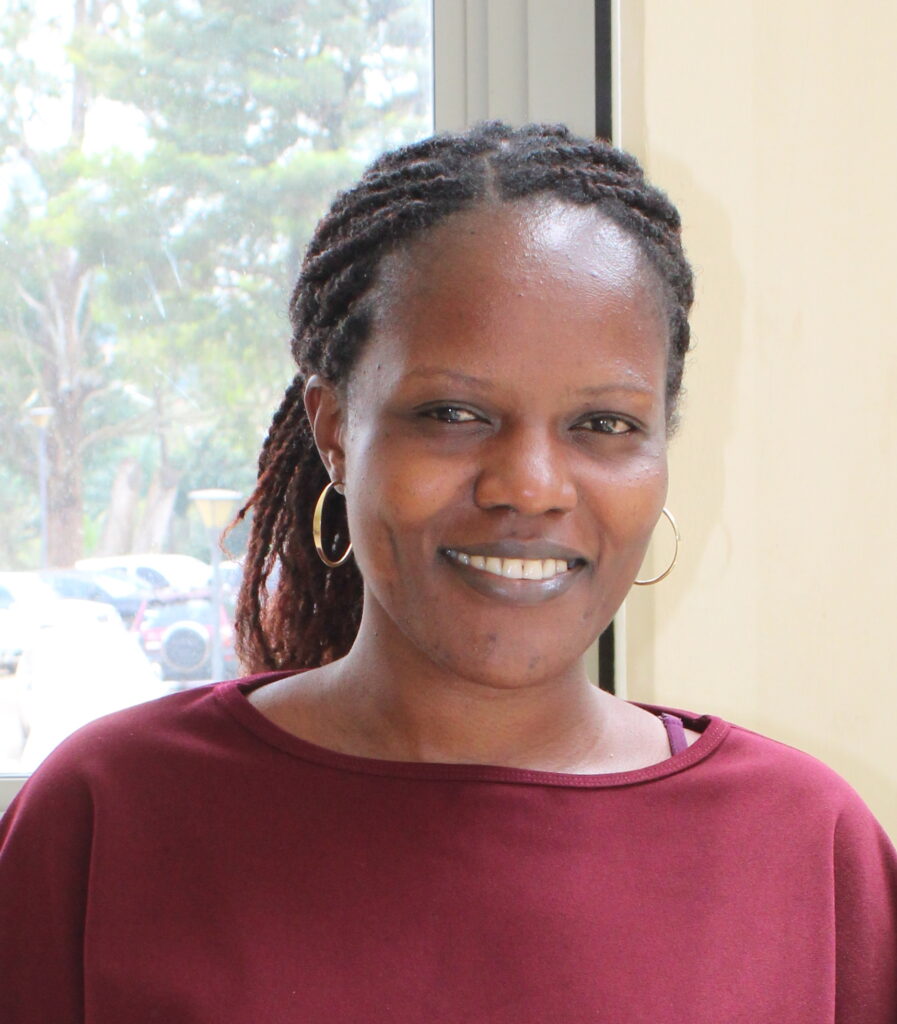Hunger in COVID-19: The silent war for refugees in Uganda and beyond.

Andrew Masaba
- November 16, 2020
Uganda is home to about 1. 2M South Sudanese refugees who mainly fled armed conflict in South Sudan. Just as they settled in, they now have to deal another ‘silent war’ of hunger exacerbated by COVID-19. In March 2020, the government of Uganda imposed a national lockdown to curb the spread of the COVID-19 pandemic. Considering the anticipated effects on livelihoods, the government provided food to selected populations in the urban areas but excluded refugees. Around the same time, the refugees’ food ration was cut by 30% by humanitarian actors due to funding challenges. This caused a lot of distress in the community as one elderly Southern Sudanese refugee puts it, “I want someone among the humanitarian actors to show me a person that survives on 1,000/= Shillings a day… so that I can learn from them” (Nyumanzi settlement in Adjumani District).

A picture showing a section of Olua settlement in Adjumani
This type of responses was recurrent during the data collection for the REFLECT study[1] being implemented in Uganda by a consortium involving Makerere University, the Lutheran World Federation (LWF), Gulu University, Agency for Cooperation and Research in Development (ACORD) and the Ministry of Health. I was privileged to be part of the data collection team and witnessed firsthand refugees’ responses to the ordeal of COVID-19 pandemic. When COVID-19 broke out in China and later spread to the whole world, the World Health Organization declared it a global pandemic[2]. Around the same time Uganda registered her first case of COVID-19 triggering a national lockdown to curb its spread. These measures drastically affected refugees and host communities in various ways. But from observation they hit the refugees more seriously considering their pre-existing vulnerabilities.
There was a high awareness about COVID-19 and the Standard Operating Procedures (SOPs) among refugees. In the beginning, the refugees followed the SOPs seriously. But after a few months they chose to selectively adhere to them. This was due to the then low COVID-19 related deaths that largely contributed to the false belief about their immunity to the disease, among many other misconceptions. The lockdown greatly affected them because the majority had opened up income generating businesses, like the general population, but they are now no more. The closed borders equally affected families and relatives who were trapped on either side. Since refugees, mainly rely on handouts and food rations provided by the different development partners, their major outcry has been that the rations are insufficient to sustain them, especially now. Moreover, the SOPs limit them from relying on friends and relatives to cope with food insecurity.
[1]REFLECT (September 2020) A study to assess the knowledge, attitudes and response of refugees to the COVID-19 pandemic in Uganda.
As a result, many households reported limiting adult nutritional intakes so that small children can eat, reducing the number and portion of meals per day, and eating less preferred/expensive foods.
From observation, the refugees are willing to wear face masks, wash hands with soap and also use sanitizers. However, they cannot afford to have more than one mask due to the conflicting interests of choosing between spending Shs. 2,000/= shillings on food or a face mask. Since the both are necessities, it was easier for them to forego the mask! In cases where masks were compulsory before accessing services (like during food distribution and in the health centers) they even reportedly shared masks. They recurrently reckoned that before COVID-19 kills them, hunger would have killed them. Women are also particularly vulnerable to cope up with hunger in ways that are detrimental to their health. As one middle aged female refugee in Boroli stated, “hunger can make you do anything; it can make you jump into the river and die.” So, they chose food over the COVID-19 preventive measures.
They feel unwanted and mistreated yet they have suffered mental trauma from the conflicts in their countries of origin:
I don’t know if it is the refugees only that are mistreated or even Ugandans are like that. We are refugees and we know that you cannot serve two masters. Save someone from the war and also feed them well. We were saved from war, but this hunger will finish us. We are being treated like we are not human beings. Nobody in Uganda is eating just USH 1,000 per day. But we know that we are refugees. We were running from SS because of war and now we are in another war against hunger. In this war there are no gunshot sounds, but it is a silent gun.
(An Elderly Male Refugee in Nyumanzi) Tweet
Even among the refugees the impact of the SOPs varied. The elderly, for example, are less likely to take up some of the coping strategies against food insecurity due to their fear of dying of COVID-19 since they are already battling other commodities. Most of the older persons we met restricted in their small houses with limited or no help. Among children and women, food insecurity could have far more reaching consequences in both the short and long term. Food insecurity is closely linked with delayed development in young children; risk of chronic illnesses like asthma and anemia; and behavioral problems like hyperactivity, anxiety and aggression in school-age children. It was noted that there were increased fights among children in the settlements during the lockdown period. Among pregnant women, food insecurity could have far reaching consequences to the health of the mother and the unborn baby. All in all, refugees felt that the human actors have not adequately supported them enough during this period.
Much as the challenge’s refugees are facing are very many, there are opportunities within. Initially implementing a skilling programme for young people, mothers and other groups was almost impossible, because they were very mobile. Today there is a ready market for masks and refugees with skills in tailoring could produce them. Also, the capacity of refugees to minimize food wastage, and produce nutritious indigenous varieties of food could be exploited. Considering that COVID-19 messages were mainly passed in mainstream languages like English and Kiswahili until later some translations were made, it is now possible to engage refugees from the various communities to translate information into their native languages. This is an opportunity for them to make extra money to support their families. Therefore, there is still scope for more development partners to coming on board to document the experiences of the refugees and co-design projects with them otherwise the impact of hunger could potentially derail all the other achievements made by humanitarian actors in the sector to date.
About the Author
Andrew Masaba is a humanitarian worker and researcher with a background in Human Nutrition, Project Planning and Management. He is currently the Resource Mobilization and Partnerships Manager for the Lutheran World Federation (LWF) Uganda Program and a Co-Investigator on the REFLECT Study. He can be reached at andrew.masaba@googlemail.com


